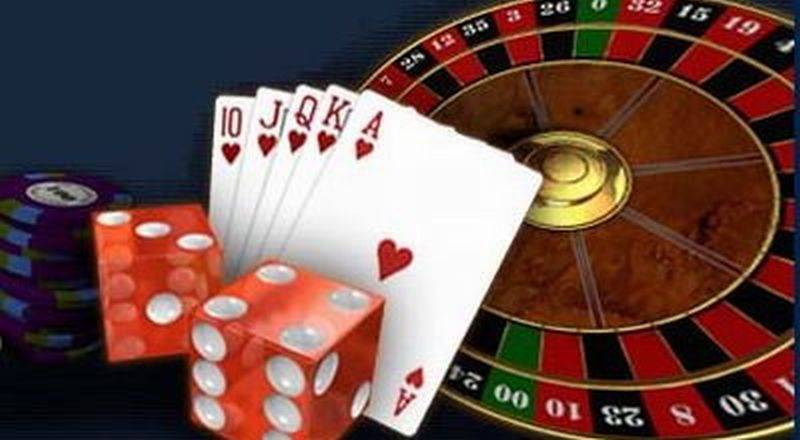Virtual reality VR and online dice gambling are converging to shape a new frontier in digital entertainment and gaming. As technology advances, VR offers an immersive experience that transforms traditional online gambling into something far more engaging and interactive. This evolution is not just about enhancing the visual appeal of dice games but also about creating a more realistic and dynamic environment where players can interact with their virtual surroundings in unprecedented ways. In the realm of online gambling, dice games have traditionally been constrained by the limitations of screen-based interfaces. Players rely on random number generators and digital simulations to mimic the randomness of physical dice rolls. However, VR technology has the potential to revolutionize this experience. By donning a VR headset, players are transported into a virtual casino or gaming environment where they can handle and roll virtual dice with physical gestures. This tactile interaction enhances the sense of realism, making the experience more akin to being in a real casino.

The integration of VR into dadu online gambling also opens up opportunities for social interaction. Unlike traditional online gambling platforms where players might feel isolated, VR casinos can create social spaces where players can interact with each other in real-time. This social dimension adds a layer of camaraderie and competition that is often missing from standard online gambling experiences. Virtual casinos can host multiplayer games, tournaments, and events where players from around the world can come together, share strategies, and compete in a shared space, albeit a virtual one. Furthermore, the use of VR in online dice gambling allows for the creation of highly customized and themed environments. Instead of a generic casino floor, players can choose from a variety of immersive settings, such as a futuristic space station, a medieval castle, or a glamorous Las Vegas-style casino. These themed environments not only make the gaming experience more enjoyable but also allow for greater personalization and engagement.
The technological advancements in VR also promise to enhance the fairness and transparency of online dice games. With VR, players can witness the entire dice-rolling process in a way that closely mimics physical dice rolls. This can address concerns about the integrity of online dice games by providing a more transparent and observable mechanism for ensuring fairness. Players can see the dice being rolled, track their trajectory, and observe the results in real-time, which can help build trust in the gaming platform. However, the integration of VR into online dice gambling is not without challenges. The technology requires significant investment in hardware and software, and there are concerns about the accessibility and affordability of VR systems for all players. Additionally, the immersive nature of VR raises questions about responsible gaming and the potential for increased gambling addiction. As VR technology continues to evolve, it will be important for developers and regulators to address these concerns and ensure that the benefits of VR-enhanced gambling are balanced with responsible gaming practices.
